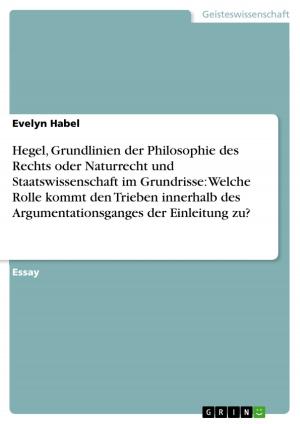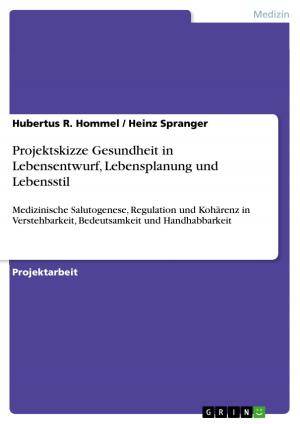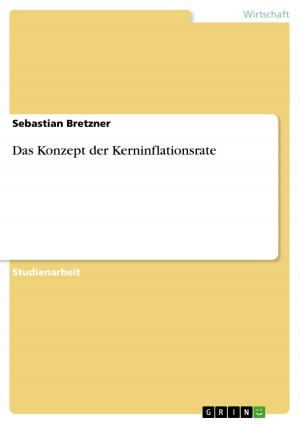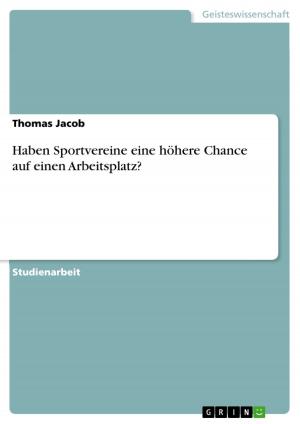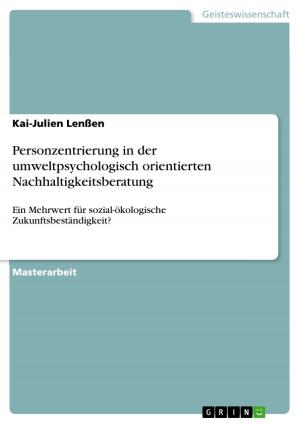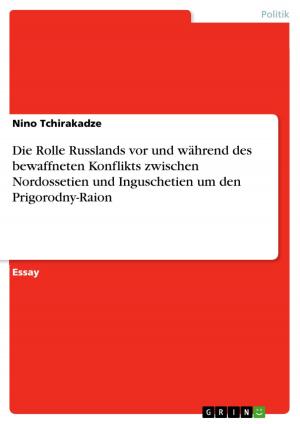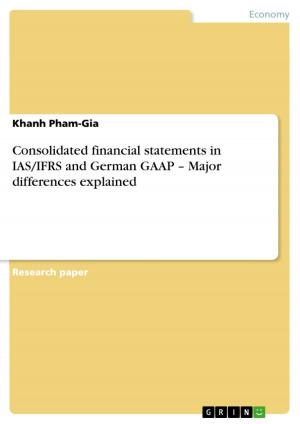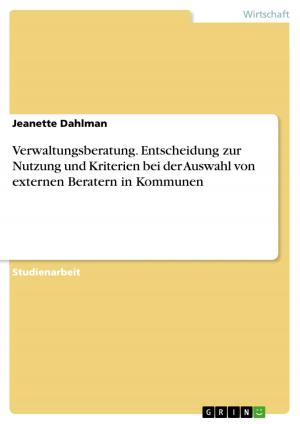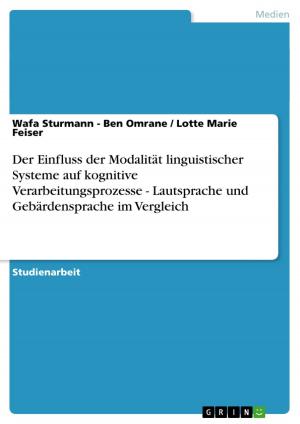The acquisition of definite and indefinite articles by L1 Russian learners of L2 English
Nonfiction, Entertainment, Drama, Anthologies| Author: | Viktoriia Donchuk | ISBN: | 9783668240421 |
| Publisher: | GRIN Verlag | Publication: | June 14, 2016 |
| Imprint: | GRIN Verlag | Language: | English |
| Author: | Viktoriia Donchuk |
| ISBN: | 9783668240421 |
| Publisher: | GRIN Verlag |
| Publication: | June 14, 2016 |
| Imprint: | GRIN Verlag |
| Language: | English |
Seminar paper from the year 2015 in the subject English Language and Literature Studies - Linguistics, grade: 1,7, University of Bremen, course: Key Topics in Linguistics: Analysing learner language, language: English, abstract: This paper examines the article system in interlanguage grammar focusing on Russian L1 teachers of English L2, whose native language lacks articles. Conclusions made would help teachers know the future steps to be taken in assisting students in becoming proficient in English and also to improve the proficiency of Russian L1 teachers of English L2, who usually do not have an opportunity to spend some time abroad. English possess overt system of articles (a/an, the). Although Russian does not employ article system, it will be argued that Russian definiteness and indefiniteness as semantic features are hidden in the syntax and lexis of this language. It will be hypothesized that Russian L1 teachers of English L2 will make articles substitution and omission errors, which are resulted from the first language interference (L1 transfer). It will be also suggested that as all the test participants belong to the advanced group of learners they will acquire articles in the following order Ø > a> the. These suggestions will further be supported empirically by a fill-in-the article task. It will be concluded that Russian L1 teachers of English L2 understand the system of the English articles fairly well, but due to their L1 transfer, which does not possess the system of articles they have trouble understanding how to use articles with abstract nouns or in the context of generalisation. Majority of test participants have made more than one articles substitution and omission errors.
Seminar paper from the year 2015 in the subject English Language and Literature Studies - Linguistics, grade: 1,7, University of Bremen, course: Key Topics in Linguistics: Analysing learner language, language: English, abstract: This paper examines the article system in interlanguage grammar focusing on Russian L1 teachers of English L2, whose native language lacks articles. Conclusions made would help teachers know the future steps to be taken in assisting students in becoming proficient in English and also to improve the proficiency of Russian L1 teachers of English L2, who usually do not have an opportunity to spend some time abroad. English possess overt system of articles (a/an, the). Although Russian does not employ article system, it will be argued that Russian definiteness and indefiniteness as semantic features are hidden in the syntax and lexis of this language. It will be hypothesized that Russian L1 teachers of English L2 will make articles substitution and omission errors, which are resulted from the first language interference (L1 transfer). It will be also suggested that as all the test participants belong to the advanced group of learners they will acquire articles in the following order Ø > a> the. These suggestions will further be supported empirically by a fill-in-the article task. It will be concluded that Russian L1 teachers of English L2 understand the system of the English articles fairly well, but due to their L1 transfer, which does not possess the system of articles they have trouble understanding how to use articles with abstract nouns or in the context of generalisation. Majority of test participants have made more than one articles substitution and omission errors.


